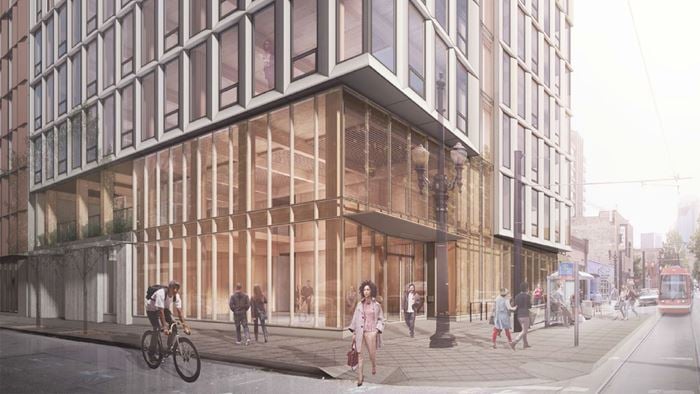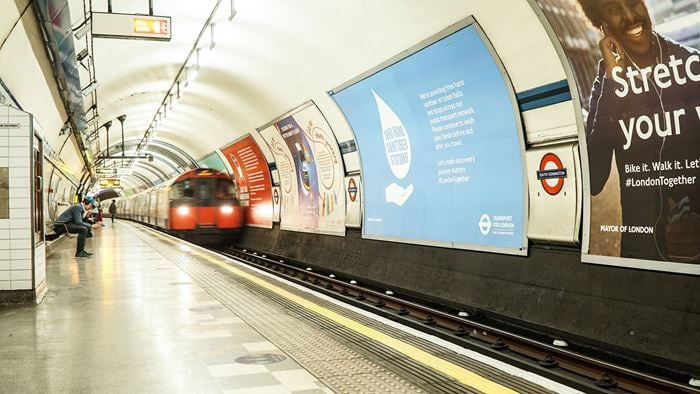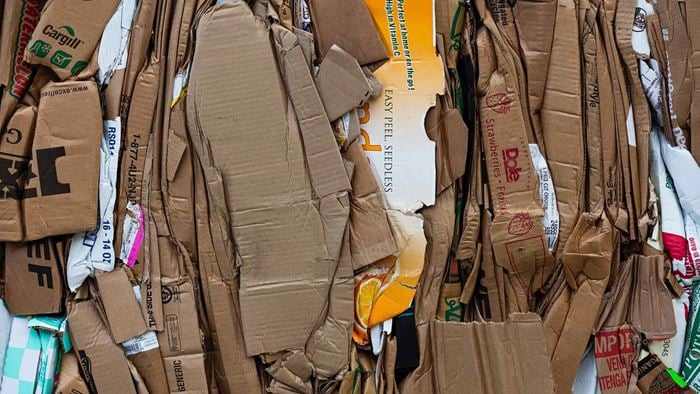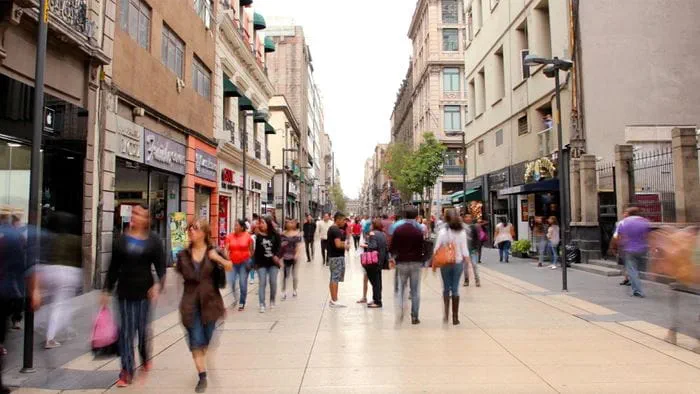Sustainable procurement has long been a hot topic for companies and government, but the potential for social and community benefit is rarely fully realised.
Arup, on behalf of the Northern Alliance for Greenhouse Action (NAGA) and four local governments in Melbourne, has determined the CO2 Performance Ladder (a Dutch procurement scheme to reduce carbon emissions in supply chains) and similar schemes are key ways to achieve this ambition.
Following its success overseas, Arup developed a feasibility study to adapt the CO2 Performance Ladder for use by local governments in Victoria, Australia. The study explored the potential for carbon emissions reduction in procurement processes and looked at ways to reward suppliers when they make organisation-wide changes.
Project Summary
15 organisations informed the study
5-level ladderscheme
With greenhouse gas emissions well understood to be causing serious harm to the planet, reducing them is a key ambition for local government. Sustainable procurement provides an opportunity to magnify the impact of councils’ climate actions by extending their influence on council supply chains.
Achieving even 2% reductions across a council’s suppliers cancels out the council’s own direct emissions. This, for instance, includes the emissions resulting from disposing waste and turning on street lights.
The CO2 Performance Ladder has a five-level ladder, which empowers suppliers to continually improve – and importantly, rewards them with discounts from procuring organisations.
“Procurement is a powerful tool that has amazing potential for use in reducing carbon emissions. ”
Joan Ko Principal | Climate and Sustainability Services – Australasia Leader
Arup developed a feasibility study (on behalf of NAGA and Cities of Melbourne, Moreland, Yarra and Port Phillip) to adapt the Dutch tool for reducing carbon emissions in supply chains by Australian local governments.
As part of the study, Arup quantified the potential carbon emission reductions in procurement processes by introducing the CO2 Performance Ladder. We also identified the areas that local government should focus on for impact.
The study recognised that local government is a key enabler to help companies in their supply chains to reduce carbon emissions. Significantly, working with suppliers had a greater overall impact than local government can have alone.
The study also identified that procurement is a cost-effective way to achieve shared benefits across organisations and the communities in which they exist.
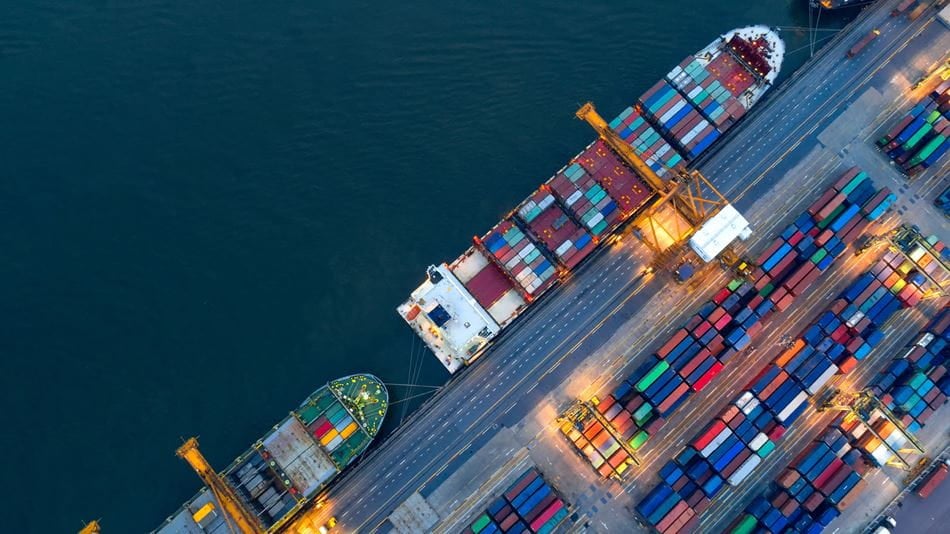
Notably, local governments are often keen to enable small and medium enterprises (SMEs) to bid for local government work. The study also recognised that SMEs are keen to work with local government to build their capacity to manage emissions.
The tool has had great success in the Netherlands, including participation by Arup’s own local office. The opportunity now exists to take this successful practice from overseas and introduce it in Australia.
A critical mass of participants is important to the scheme’s success, as it simplifies the processes for suppliers: Victoria has great potential for success, as local governments are well networked and well-integrated.
 ;
;



